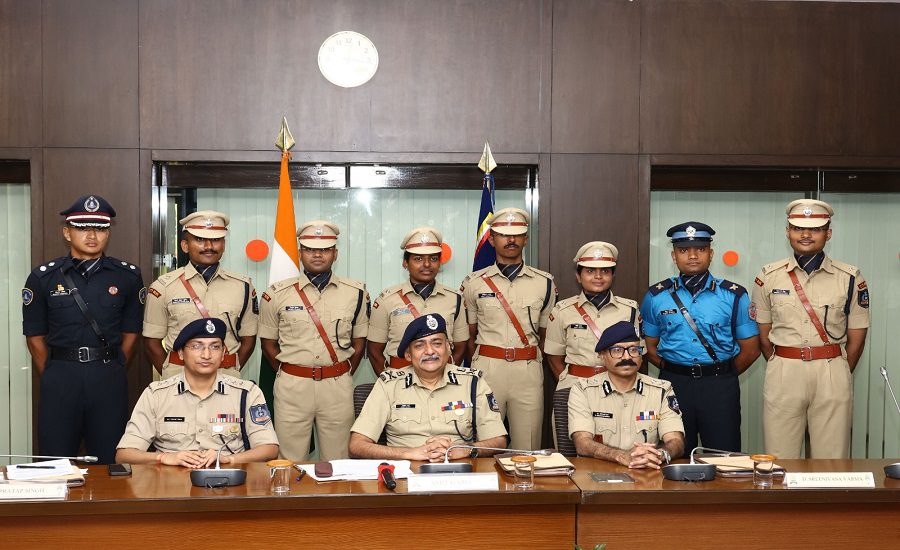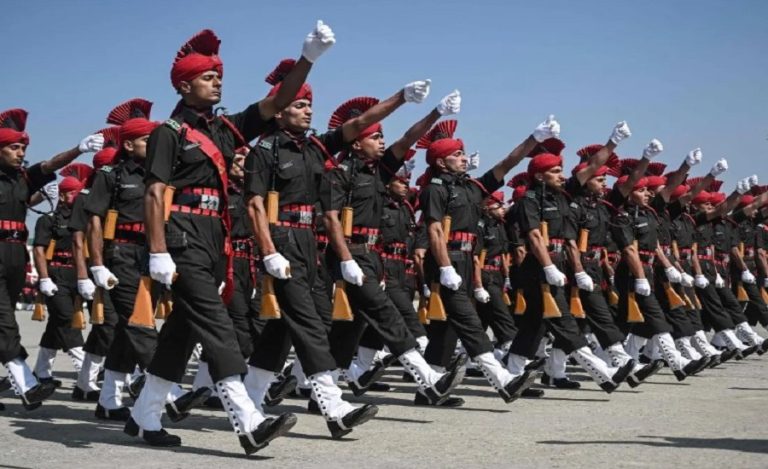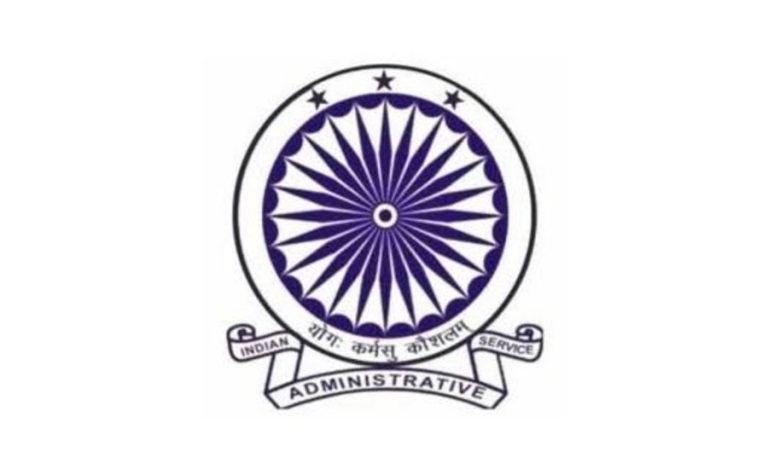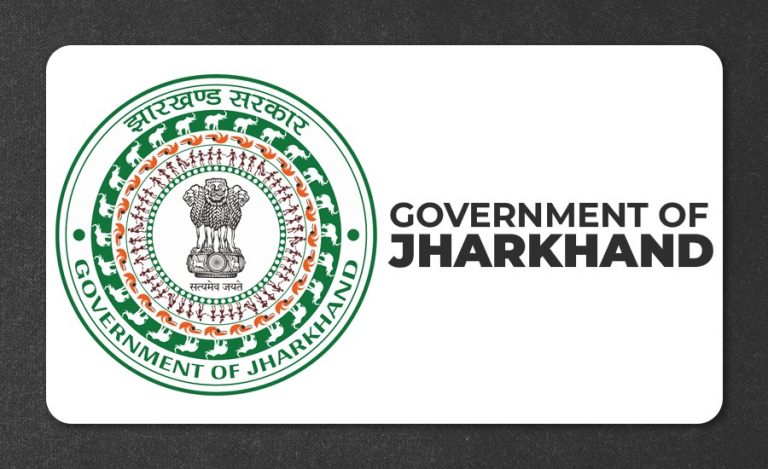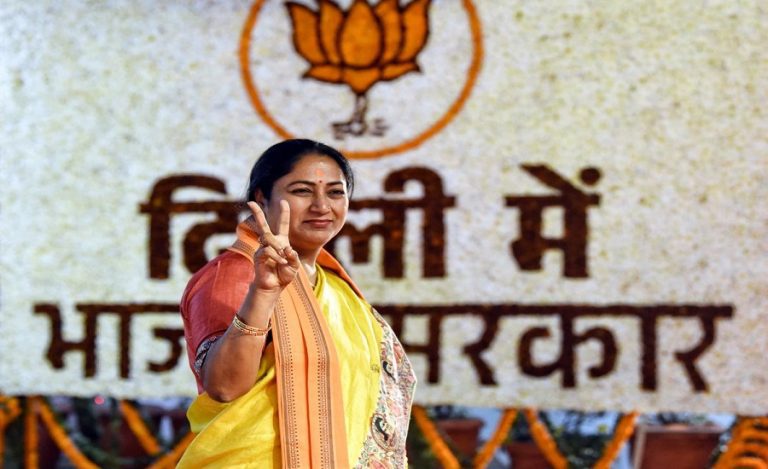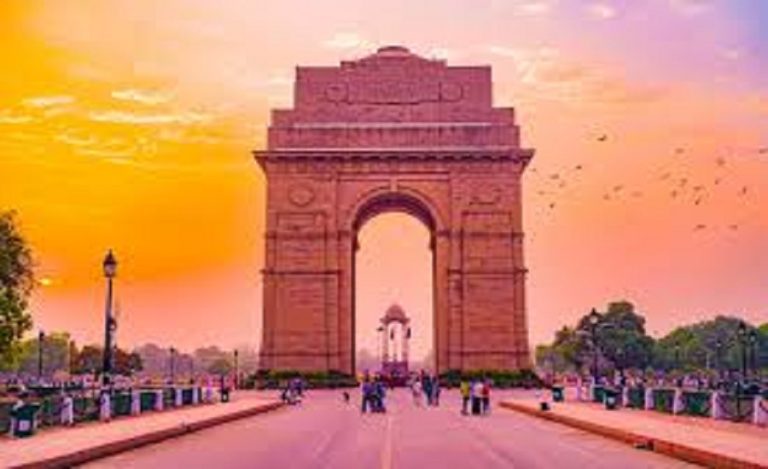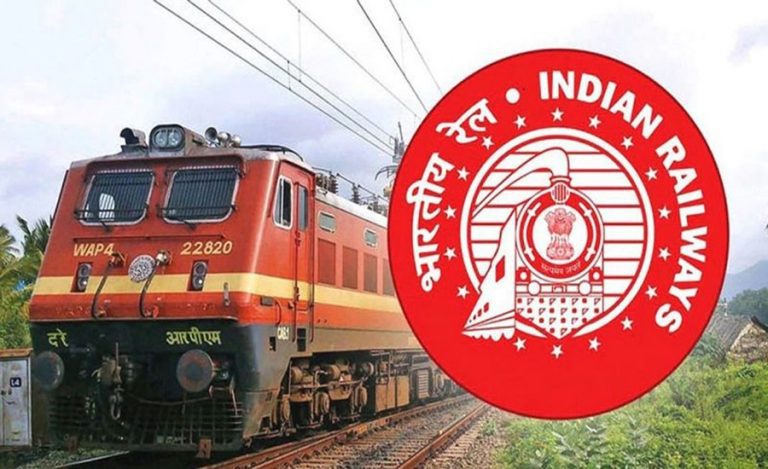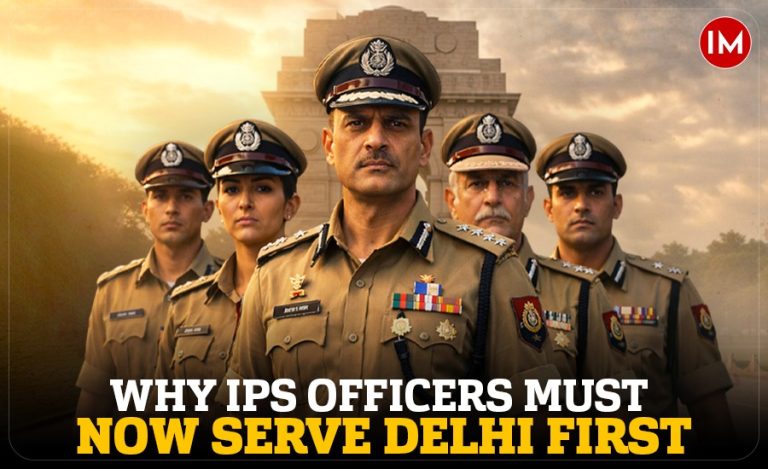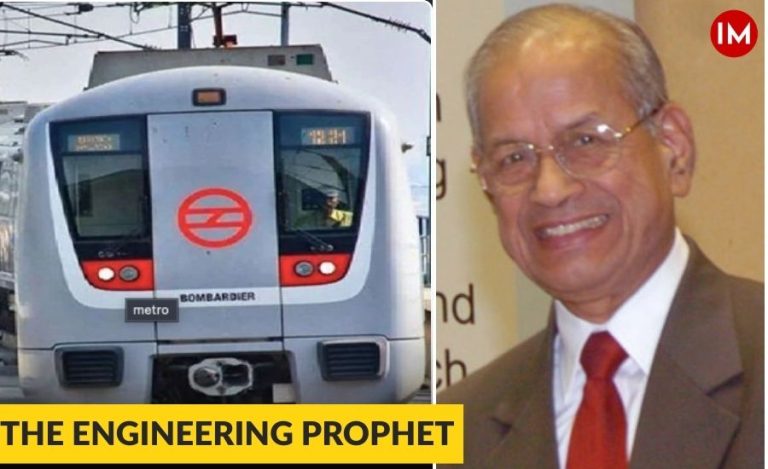Hyderabad: The Indian Police Service (IPS) 77th Regular Recruit (RR) batch, set to graduate at the Sardar Vallabhbhai Patel National Police Academy (SVPNPA) on October 17, is drawing national attention — and for good reason. With 35.63% women officers, the highest in the past five years, this year’s cohort is being hailed as a landmark in the journey toward inclusive and diverse leadership in Indian policing.
Among the most talked-about groups is the Telangana cadre, which this year includes officers from diverse states and even more diverse personal and professional backgrounds — from children of public servants to former tech professionals and academics.
A New Benchmark for Women in Uniform
In previous years, the representation of women in IPS batches hovered between 20% and 29%. The 35.63% female representation in the current batch is a notable leap, marking an encouraging trend in gender diversity in policing.
This is more than a symbolic shift — it’s a sign of changing aspirations, accessibility of opportunities, and a growing societal acceptance of women in leadership roles in law enforcement.
From Kanyakumari to Hyderabad: Stories of Grit and Grace
Ashwini S., an engineer from Anna University and daughter of a bus conductor from Kanyakumari, embodies determination and upward mobility. A Tamil Nadu cadre officer, she previously served in the Tamil Nadu GST Department before cracking the civil services exam. She is also the recipient of the National Forensic Sciences University award.
“It was a childhood dream,” she said. “Growing up, I saw my father’s relentless hard work and dignity in service. That inspired me to pursue something that directly impacts people’s lives.”
Parade Commander and Top Trainee: Anjit A. Nair
Anjit A. Nair, the parade commander for the Dikshant Parade and winner of the Best Officer Trainee award, is a Mathematics graduate from Kerala. Coming from an Indian Army background, Anjit credits his parents and teachers for shaping his path.
“You admire different traits in different people. I take inspiration from some traits of my father, some of my mother, and some from my teachers as well,” said Nair, who is joining the Tamil Nadu cadre.
Telangana Cadre: Where Purpose Meets Diversity
The Telangana cadre this year includes four promising officers:
Rahul Kant – From Machine Learning to Cyber Policing
An IIT Guwahati Computer Science graduate and former Machine Learning engineer at Ola, Rahul left the tech world after watching Article 15, a film that changed his perception of societal impact.
“In tech, real decision-making lies with top management. I wanted to be closer to real impact.”
A native of Patna, he now aims to modernise cybercrime detection and citizen outreach in policing.
Ayasha Fatima – Symbol of Representation
An Electrical Engineer from Indore and native of Dewas, Ayasha believes that greater female representation means better policing outcomes.
“Inclusivity improves on both sides — for the officers as well as for the citizens,” she said.
She was inspired by a woman Assistant Sub-Inspector who once visited her father’s school, sparking her civil services ambition.
Mandhare Soham Sunil – From IRS to IPS
A mechanical engineer from Pune University, Soham was earlier selected for the Indian Revenue Service (IRS) but chose IPS for its direct connection to public service.
“In engineering, you rarely deal with people directly. In policing, you’re face-to-face with society’s problems — solving them is deeply fulfilling.”
He is excited about Telangana’s progressive use of technology and skilled human resources in policing.
Manisha Nehra – First Woman Officer in the Family
A Mathematics Honours graduate from Hansraj College and a post-graduate in Geography, Manisha Nehra from Jhunjhunu, Rajasthan, is the first woman from her family to join the civil services.
“There’s a strong focus on practical training in Telangana. We’ve visited police stations and done hands-on learning — the policing here is highly professional,” she said.
Diversity in Numbers and Backgrounds
The 77RR batch is a true melting pot of disciplines and experiences:
- 50% are engineers
- 20% from science streams
- 17% from the arts
- Over 50% have prior work experience
This blend of academic and real-world expertise is expected to enrich the leadership quality of Indian police services, making the cohort better equipped for modern law enforcement challenges.

